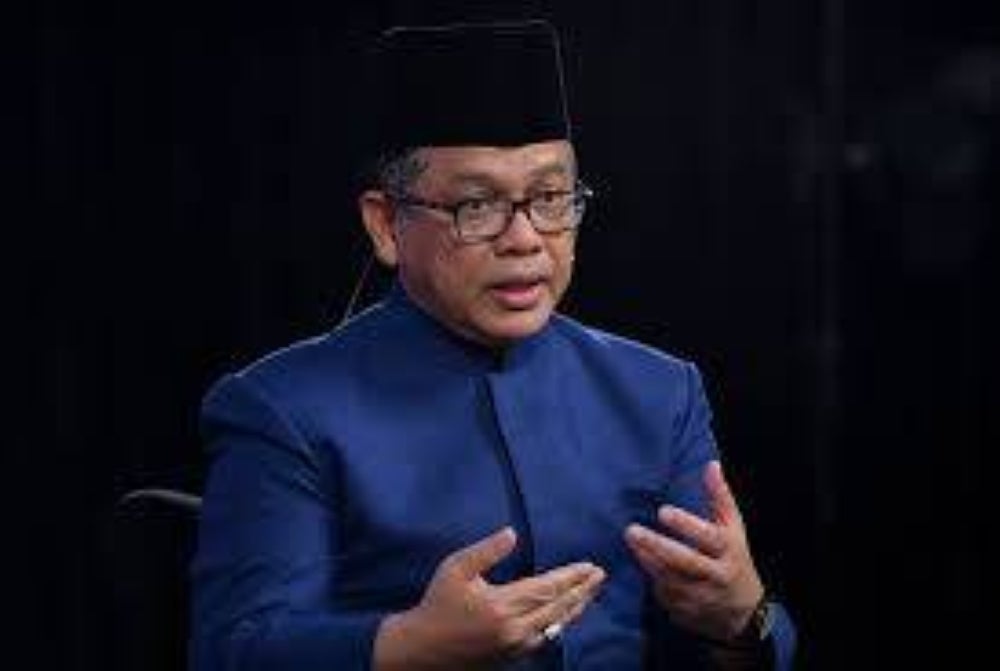Human rights principles in Malaysia based on OIC - Mohd Na'im
14 Jun 2023 10:23pm

Minister in the Prime Minister’s Department (Religious Affairs) Datuk Dr Mohd Na’im Mokhtar - FILE PIX
Minister in the Prime Minister’s Department (Religious Affairs) Datuk Dr Mohd Na’im Mokhtar said the government is of the opinion that the Universal Declaration of Human Rights (UDHR) should not be the only source in dealing with human rights issues.
"Islam has uplifted human dignity by prohibiting discrimination against women and children, urging the people to seek knowledge and education and requiring leaders to provide the basic rights and needs to the people such as welfare and peace.”
He said this when winding up the debate on the Human Rights Commission of Malaysia (Suhakam) annual report for his ministry at the Dewan Rakyat today.
Several Members of Parliament previously raised the issue of Islamic and Western concepts of human rights and proposed that the existing concept used in the country be re-examined.
Elaborating, Mohd Na’im said the Department of Islamic Development Malaysia (JAKIM) had organised relevant seminars and the Convention on Human Rights from Islamic Perspective to create a good understanding of the issue.
He said the programme would continue to be held to provide a clear understanding of the Islamic view of human rights, while JAKIM and State Islamic Religious Departments also touched on the matter in Friday sermons.
Regarding Islamic education for the Orang Asli community, he said 232 Penggerak Masyarakat Orang Asli in the peninsula could not cover the services that need to be provided to almost 700 Orang Asli villages.
"This causes the planned classes not to be implemented. Apart from teaching, they are also tasked with assisting Orang Asli with Muslim welfare affairs. This can also disrupt the class schedule,” he said.
Mohd Na’im said that informal Fardu Ain classes are held twice a week in surau or community halls, in addition to house visits and worship guidance to empower the knowledge and understanding of Islam among the orang Asli community.
-- BERNAMA
Islam, IPHRC, UDHR, human rights, Parliament









